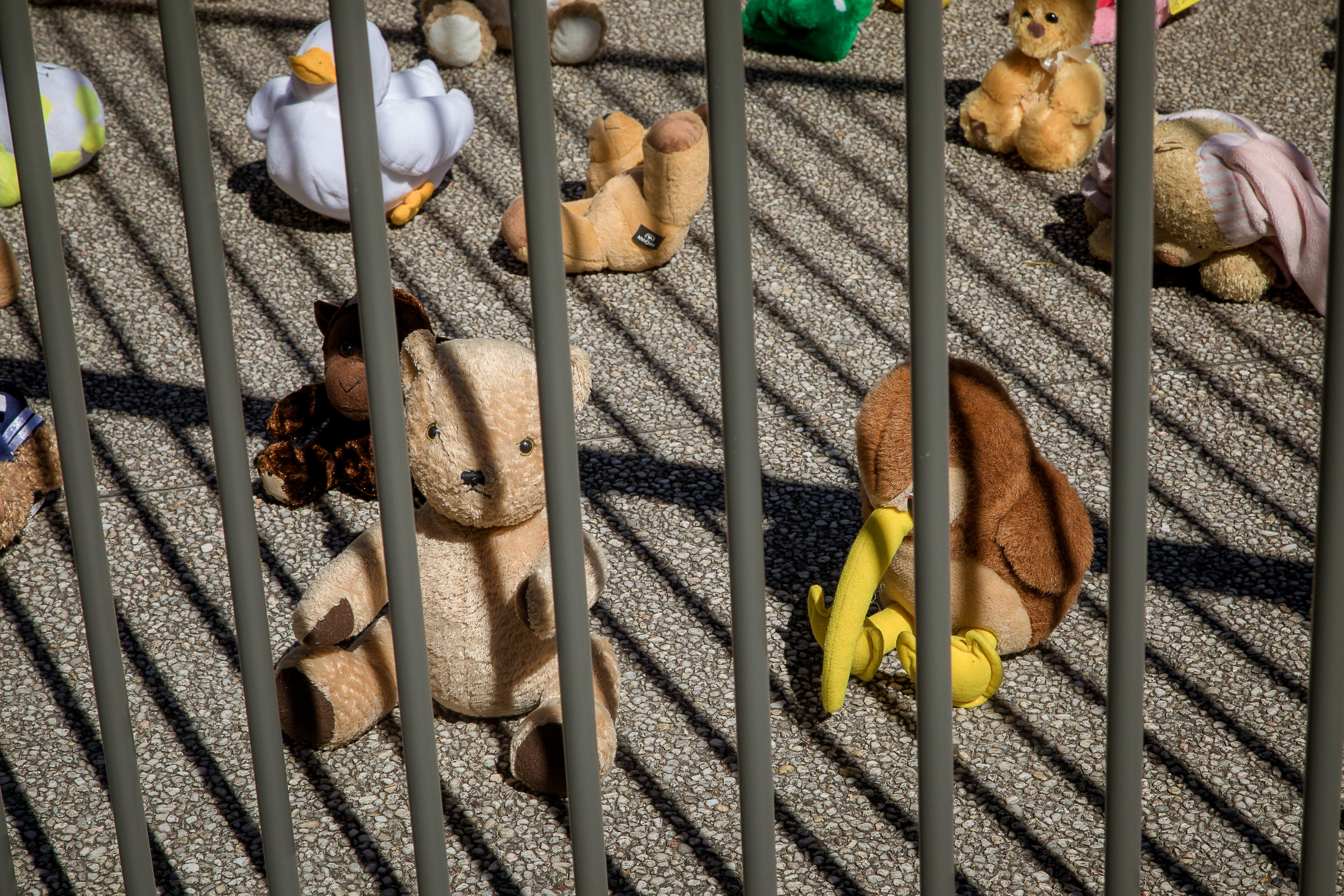Amnesty International Australia and Marque Lawyers have made a joint submission to the Discussion Paper released by the ACT Government on how a higher minimum age of criminal responsibility could be implemented in the ACT.
The age of criminal responsibility is the age in which a child is considered by law to have understood that their actions were wrong and can face criminal charges. All Australian states and territories have this age set at only 10 years old. This means that across Australia, police have the power to arrest, strip-search and imprison children who are only 10 – that’s typically a child in year three or four at primary school.
The ACT Government must do all it can to keep children out of prison. This doesn’t mean children who commit crimes aren’t held responsible, but alternatives – such as diversion programs – must be investigated and resourced.
The amendments to youth justice legislation in the ACT that Amnesty International and Marque Lawyers strongly recommends are:
- That the minimum age of criminal responsibility be raised from 10 to 14 years of age, with no exceptions for young people this age
- That the presumption of doli incapax be abolished , and alternatives such as ‘developmental immaturity’ be enshrined in legislation
- That there be increased allocation of government funding to Indigenous community-led and controlled organisations, to support culturally appropriate, place-based, Indigenous designed and led preventative programs to address the needs of Indigenous young people
- Police powers be revised to reflect the increased minimum age of criminal responsibility
An Addendum to the submission was also provided by the Amnesty’s ACT/SNSW Activism Leadership Committee.
